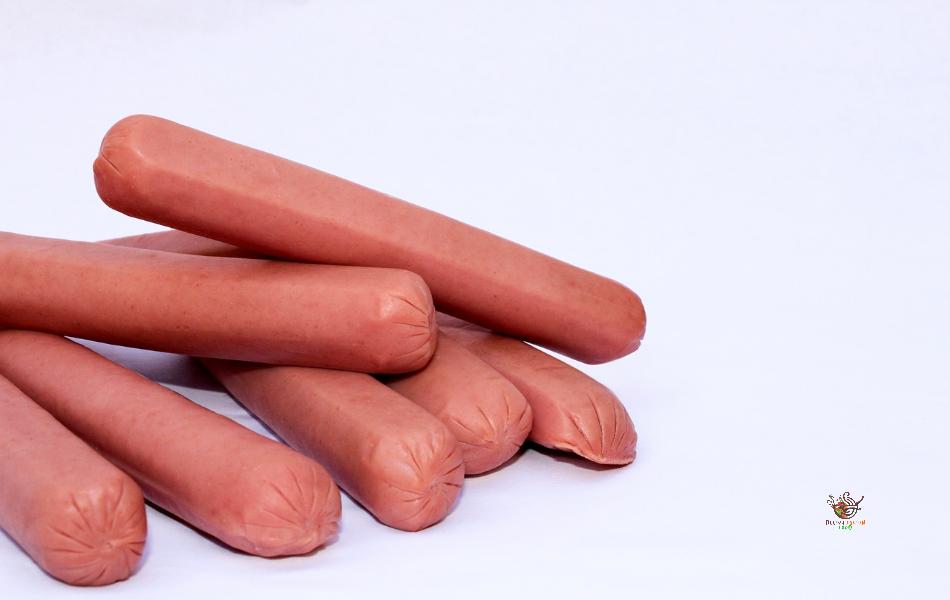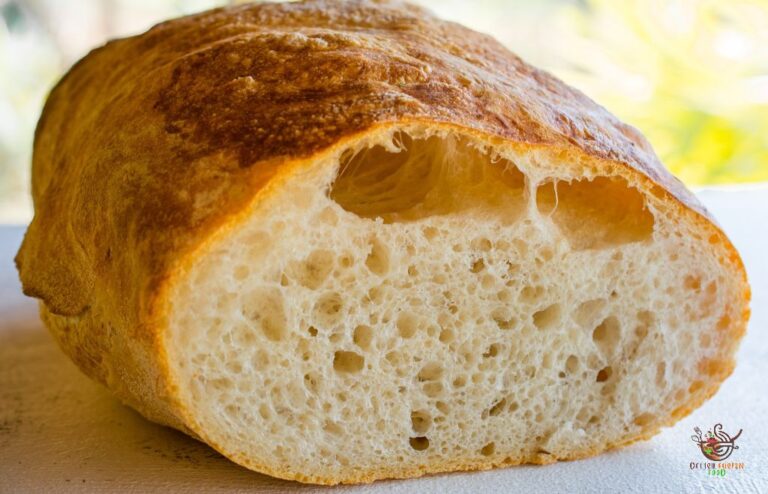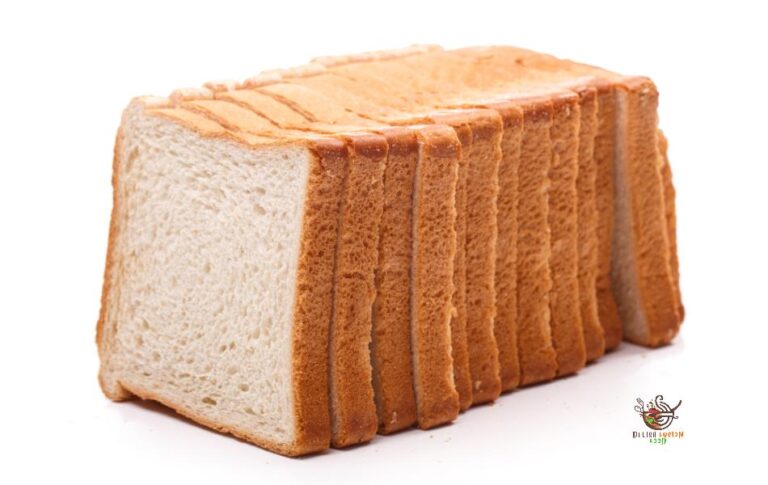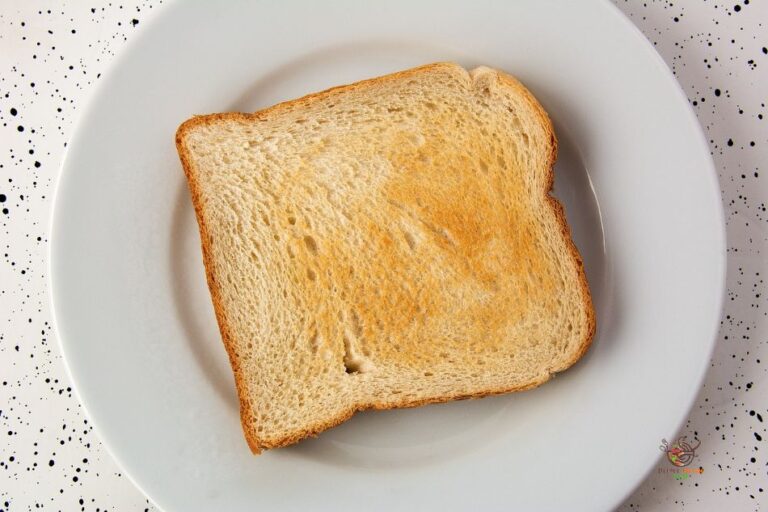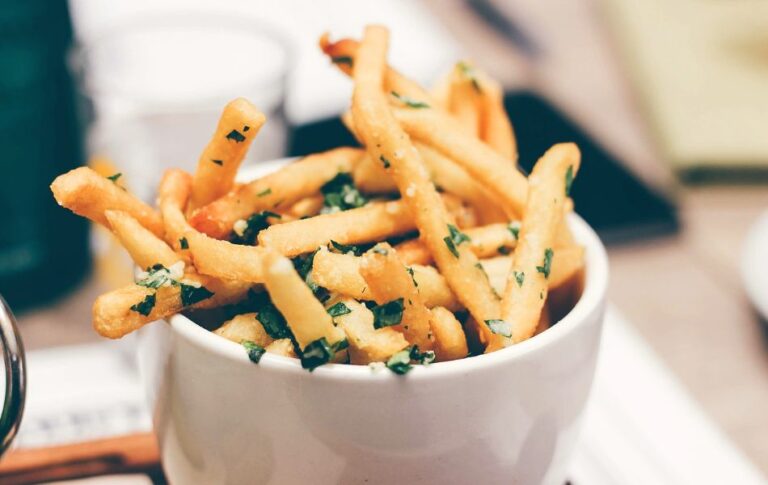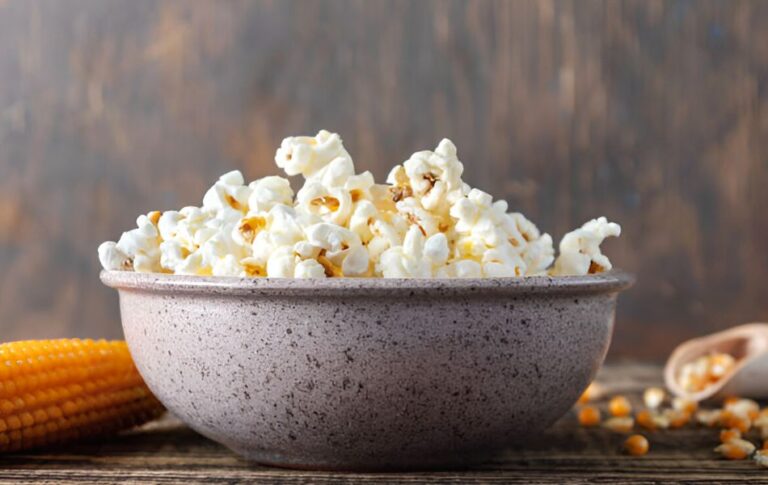Are Vienna Sausages Healthy? Let’s Find Out!
A can of Vienna sausages offers a quick and convenient snack option that few others can beat. These flavorful, bite-sized delights pack a punch and allow you to enjoy them straight from the can or use them as a versatile ingredient in various dishes.
Vienna sausages, typically crafted from pork, beef, or turkey, undergo smoking and canning. They enjoy popularity in the United States, and most grocery stores carry them.
Vienna sausages are tasty and great in many recipes, but the question remains: are they healthy? Opinions differ, with some believing they’re a good choice and others considering them unhealthy. This article explores the health pros and cons of eating Vienna sausages.
Consuming Vienna sausages is unlikely to lead to significant health issues. Nevertheless, they contain high levels of sodium and fat. If you aim for a healthy diet, it’s advisable to restrict your consumption of Vienna sausages.
Overview of Vienna Sausages
Vienna sausages, also known as hot dogs, wienerwurst, or wieners, trace their origins to Vienna, Austria, in the 1800s. The sausages gained widespread popularity in the United States during the World Wars, as soldiers from Austria and Germany introduced them to American shores.
Presently, Vienna sausages have become a global culinary delight, cherished by people worldwide. They are commonly consumed as part of a meal or as a convenient snack option.
Vienna sausages can be savored either cold or heated, providing flexibility in preparation. Accompanied by condiments such as ketchup, mustard, or relish, these sausages offer a diverse and flavorful dining experience.
Vienna Sausage Composition: Ingredients and Variations
The composition of Vienna sausages varies depending on the country and region of production. Traditionally prepared with pork, beef, or turkey, these meats are blended with spices and herbs to achieve a distinctive flavor.
While natural casings have historically been used, some modern producers have adopted alternative methods. Consequently, the ingredients list on a can of Vienna sausage may include “casings” alongside the meat and spices.
In an effort to enhance nutritional value, chicken has found its way into Vienna sausages, offering a leaner and protein-rich option. Despite modifications in the production process, Vienna sausages remain a popular global snack. Beyond solo consumption, they often serve as a versatile ingredient in dishes like stews, casseroles, and chili.
Nutritional Overview of Vienna Sausages (Per 100g)
Calories
Vienna sausages are moderately high in calories, providing approximately 230 kcal per 100 grams. Individuals mindful of their calorie intake should consume them in moderation.
Protein Content
With a protein content of 10.5 grams per 100 grams, Vienna sausages are a substantial source of protein.
Fat Content
Vienna sausages are relatively high in fat, containing approximately 19.4 grams per 100 grams. It is advisable to consume them in moderation, especially for those adhering to a low-fat diet.
Sodium Levels
A notable concern is the high sodium content in Vienna sausages, with around 879 milligrams per 100 grams. Individuals on a low-sodium diet should be cautious and limit their intake.
Carb Content
Vienna sausages are low in carbohydrates, about 2.6 grams per 100 grams. It is a potential choice for individuals following a low-carb diet, but moderation is key.
Vitamin B12
Vienna sausages are a good source of Vitamin B12, supplying approximately 1.02 micrograms per 100 grams. Essential for energy production, brain function, and the formation of red blood cells, this vitamin plays a crucial role.
Iron
The iron content in Vienna sausages is approximately 0.88 milligrams per 100 grams. Crucial for the formation of red blood cells and the transportation of oxygen in the body.
Niacin
These sausages provide niacin (Vitamin B3) at a level of 1.61 milligrams per 100 grams. Niacin is important for converting food into energy and maintaining a healthy nervous system.
Phosphorus
Vienna sausages are a good source of phosphorus, offering around 49 milligrams per 100 grams. This mineral plays a vital role in bone health and various cellular processes.
Zinc
The zinc content in Vienna sausages is approximately 1.6 milligrams per 100 grams. Zinc is involved in enzymatic reactions and supports a healthy immune system.
Are Vienna Sausages Healthy or Bad for You?
Vienna sausages are notable for their high sodium and fat content, yet they lack carbohydrates and serve as a protein-rich option. So, the pivotal question arises: are they a healthy choice or not? The answer depends on your health objectives.
For those seeking weight gain or engaged in muscle-building endeavors, Vienna sausages offer a valuable protein source and contribute to calorie intake.
Conversely, if weight loss is your goal, regular consumption of Vienna sausages is not advisable. Occasional indulgence won’t significantly impact your health, but consistent intake may hinder weight loss efforts.
It’s perfectly fine to savor the taste of Vienna sausages occasionally as part of a well-balanced diet. While enjoying a hotdog at a family barbecue is acceptable, making it a nightly habit is not recommended.
Vienna Sausage Recipes: Quick and Healthy Options
Vienna sausages offer excellent versatility in the kitchen due to their easy cooking process. A quick heat in a pan or on the grill is all it takes. Yet, there are numerous ways to integrate them into a nutritious meal. Consider dicing them for a wholesome frittata recipe or slicing them to enhance a healthy stir-fry. Whichever method you choose, Vienna sausages prove to be a flexible and flavorful choice for those seeking a healthier dining option.

Convenient and Versatile
Vienna sausages boast both convenience and versatility. Ideal for on-the-go snacks or enhancing various dishes with added flavor and protein.
In summary, Vienna sausages serve as a quick and protein-rich solution for easy meals or snacks. While enjoying their convenience, it’s crucial to be mindful of their high sodium and fat content and consume them in moderation. Maintaining a balanced diet involves incorporating a diverse array of nutrient-rich foods alongside Vienna sausages.
See Also – Top Green Tea Substitutes for a Healthy Lifestyle
Conclusion
Vienna sausages, known for their convenience and versatile taste, offer a nutrient-packed addition to a balanced diet. Despite their small size, they provide significant protein, vitamins, and minerals. However, be mindful of their high sodium and fat content, especially for those with dietary restrictions. Moderation is crucial, so enjoy Vienna sausages occasionally, paired with other nutritious foods, for a flavorful and balanced diet.
FAQ
What advantages does Vienna sausage offer?
Vienna sausages, a flavorful blend of pork, beef, and spices, are a versatile, nutrient-rich option. Their unique smoking and canning process ensures a savory taste. Low in fat and calories, they’re suitable for weight-conscious individuals. Affordable and readily available, they make a convenient choice for quick snacks or meal enhancements.
Are Vienna sausages made from real meat?
Vienna sausages are indeed prepared from real meat, predominantly pork or beef. Although most brands include fillers and preservatives in their ingredients, the main composition consists of meat. The United States mandates that Vienna sausages must contain at least 51% meat for sale. Despite not being the healthiest choice, Vienna sausages are a legitimate source of protein.
Are Vienna sausages suitable for vegans?
While traditional Vienna sausages are typically non-vegan due to pork and beef content, some brands offer vegan-friendly alternatives. These soy protein-based sausages are free of animal products, presenting a lower-fat and lower-calorie option for those seeking a plant-based alternative.
Are Vienna sausages a healthy dietary choice?
Vienna sausages can contribute to a healthy diet in moderation by providing protein, vitamins, and minerals. Their high sodium and fat content requires careful consumption to maintain a balanced lifestyle.
Are Vienna sausages compatible with a low-sodium diet?
Due to their elevated sodium levels, Vienna sausages may not align with a low-sodium diet. Consult with a healthcare professional before adding them to your meal plan is recommended.
Are there any Healthier Alternatives to Vienna Sausages?
Choose lean protein alternatives like grilled chicken, turkey, or tofu for comparable protein content with lower sodium and fat levels.
Is it safe to drink Vienna sausage water?
Drinking Vienna sausage water is not recommended due to potential bacterial contamination from the meat and likely high quantities of salt and preserving chemicals.
Can you consume Vienna sausages without cooking them?
You can eat Vienna sausages raw as they come pre-cooked. They typically consist of pork, beef, or chicken, infused with spices and natural flavorings for their distinctive taste.
Why shouldn’t you boil Vienna sausages?
Boiling is unnecessary as Vienna sausages are already fully cooked. They should be warm enough by the time the broth gently bubbles.

